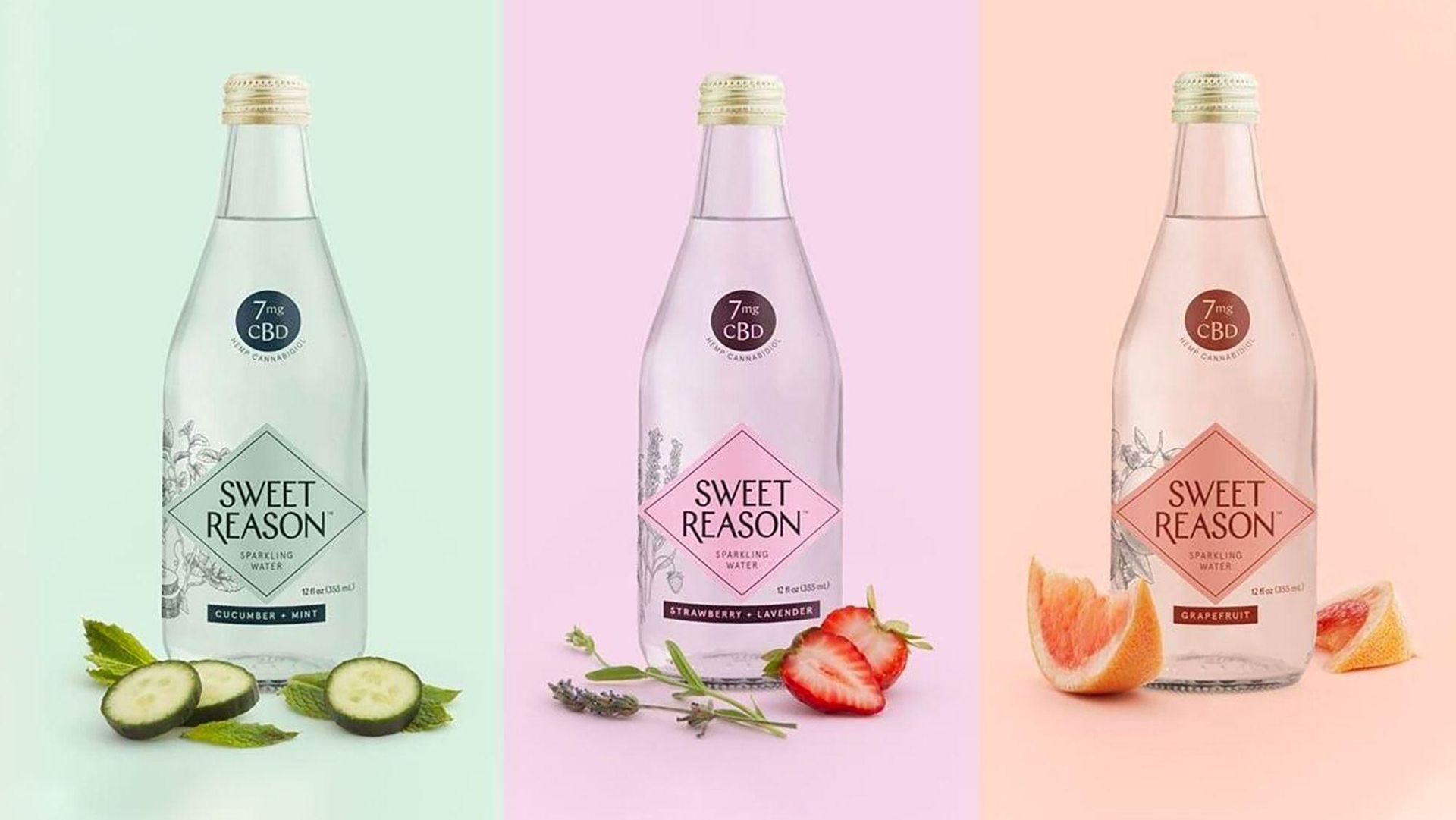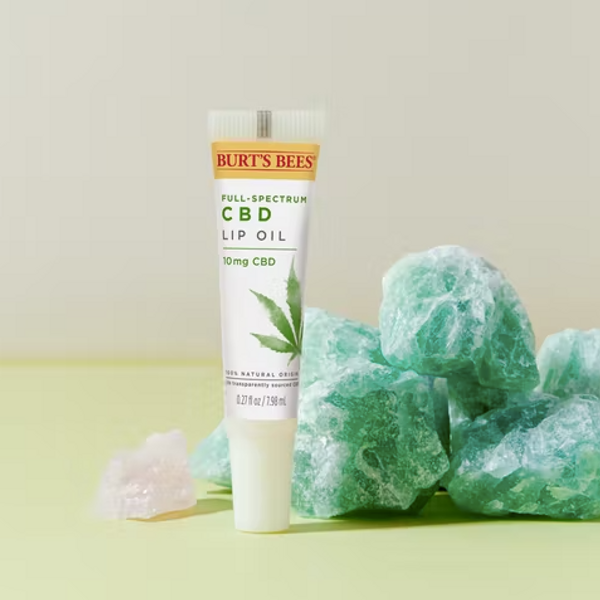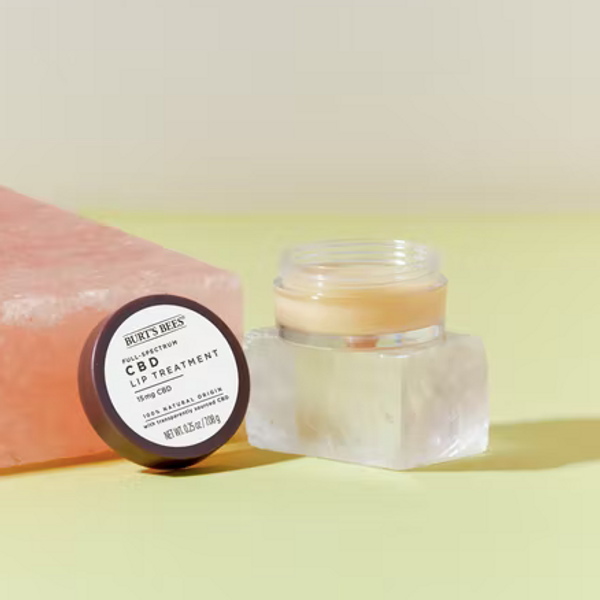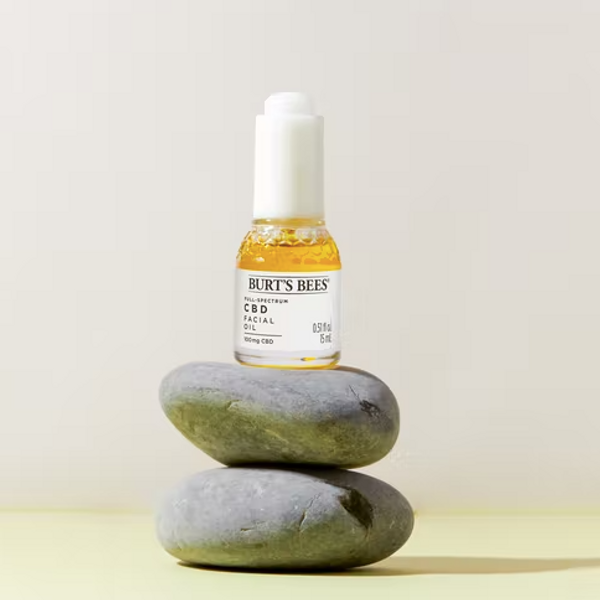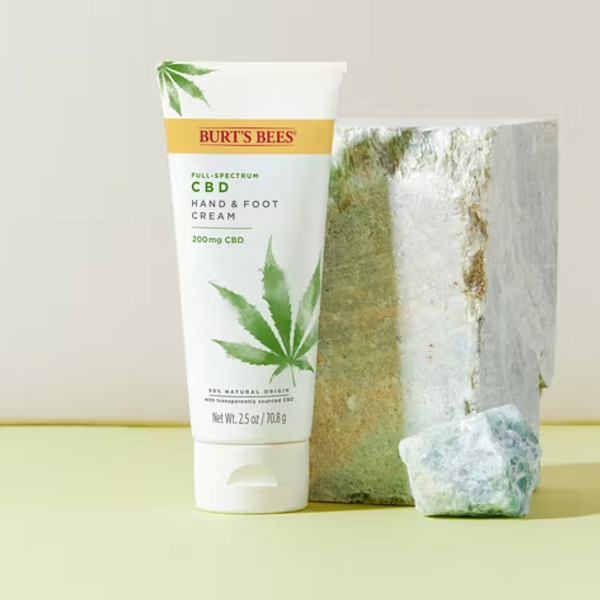Fragrances and essential oils have always been a contentious addition to cosmetics. As a rule, dermatologists avoid recommending products made with fragrances, and as a result, the most popular dermatologist brands, like Eucerin and CeraVe, have portfolios full of boring products made without any scents.
Amongst consumers, fans of "evidence-backed skincare" also make it a point to avoid fragrances. This is due in large part to the approach to skincare that was first championed by Paula Begoun (known as the "Cosmetics Cop" and founder of Paula's Choice), and more recently because of figures like Dr. Dray on Youtube. As far as many are concerned, fragrances in skincare are officially canceled.
So then, why is it that most CBD skincare products are still made with essential oils? Are fragrances really as bad as dermatologists want you to believe?
Essential Oils Vs. Fragrances

Before we dive deep into the question of fragrances, let's clarify something. A lot of natural beauty products will have essential oils listed on their ingredient list instead of the highly secretive "parfum" or "fragrance."
Essential oils are volatile liquids extracted from plants that retain their scent or "essence." Synthetic fragrances are made up of the same kinds of compounds as essential oils, but the difference is that they are created in a lab.
In practice, essential oils are a type of fragrance, so any product that includes them should not be marketed as fragrance-free (not that that's ever stopped anyone). When it comes to the potential to irritate the skin, natural fragrances from essential oils can be just as problematic as synthetic ones, if not more so.
Any beauty brand can choose to just write "fragrance" in their ingredient list without disclosing the specific compounds which are considered a trade secret. Some fragrances are more likely to cause irritation or allergies than others, so this can be pretty problematic. When a company lists out all of the essential oils it uses, at least it's being transparent and giving consumers the chance to make fully-informed decisions.
In Europe, companies have to disclose any common allergens that their fragrance includes, but no such requirement exists in the US.
But Are Fragrances Really So Harmful?
Depending on who you ask about the safety of fragrances, you can get widely different responses. You might get a response that follows the Cosmetics Cop line, that fragrances of all sorts are extremely harmful to the skin and you must stay away.
On the other hand, if you talk to natural beauty aficionados, you are more likely to get a response that makes a distinction: Essential oil-based fragrances are actually extremely beneficial to the skin, but synthetic ones are harmful.
In reality, both of these points of view are a little extreme and somewhat inaccurate. It's estimated that somewhere between 1% to 3% of the population is allergic to fragrances. Even then, people are rarely allergic to all fragrance compounds! Unfortunately, because of the lack of transparency and the massive amount of fragrance compounds that exist, it's often difficult for users to pinpoint exactly which fragrances they are allergic to.
While fragrance allergies only impact a small percentage of the population, they are still responsible for a large percentage of contact dermatitis reactions. This statistic also doesn't take into account those who suffer from fragrance-induced headaches. While most people won't experience an allergic reaction to fragrances, if someone has an allergic reaction to a cosmetic, there's a high chance that the culprit was the fragrance.
Based on this information, it's clear that fragrance-free skincare has to be accessible, even if brands don't need to excise scents from all of their formulas. However, when it comes to skincare specifically made for those with sensitive skin, we think fragrance-free formulas are mandatory.
Fragrances in CBD Skincare
So why does this matter specifically when it comes to CBD skincare?
It's a question of accessibility. The main benefits of topical CBD come from its anti-inflammatory power. When added to a mild, fragrance-free formula, there is reason to believe that it could help alleviate the symptoms of all kinds of sensitive skin conditions. It could potentially reduce irritation, redness, and inflammation.
Unfortunately, finding completely fragrance-free topical CBD options is very difficult. There is no shortage of exceptional CBD products, but the vast majority of them contain essential oils.
There is a big overlap between natural skincare and CBD skincare, so at least brands usually disclose the specific essential oils used to fragrance the product. However, for those with sensitive skin, disclosure doesn't make those products safe.
By adding fragrances, CBD brands are effectively excluding those with sensitive skin from their customer base, even though those are the people who can benefit the most from this fantastic ingredient!
Bottom Line
If you have sensitive skin, look for CBD products from brands like Lord Jones that keep their formulas fragrance-free. If you're a CBD brand, please consider adding some fragrance-free options to your portfolio!



